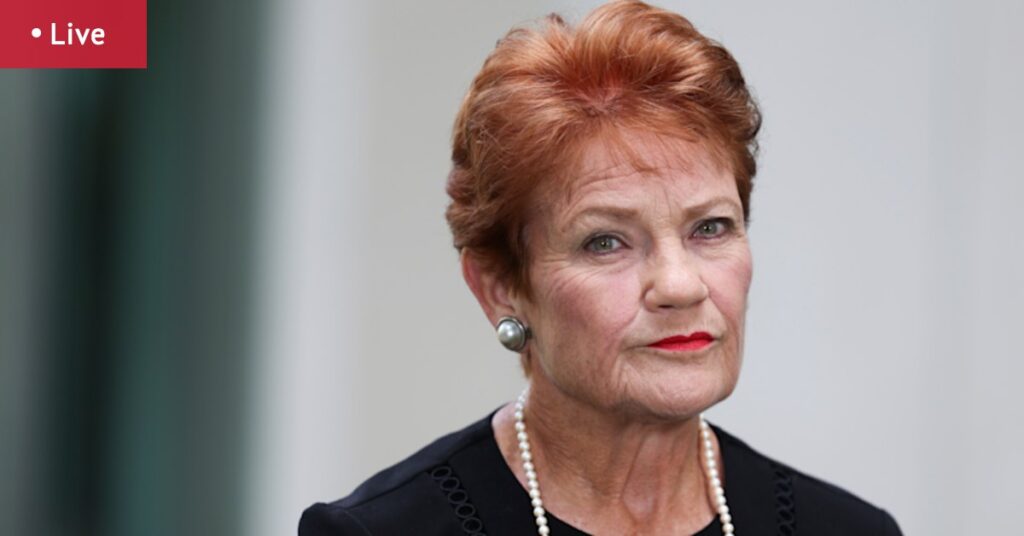
As Australia grapples with its own political and environmental challenges, the international stage presents additional complexities. Environment Minister Murray Watt has acknowledged that government rebates have contributed to a recent rise in inflation, while urging caution against over-reliance on short-term economic indicators.
Speaking on Sky News, Watt emphasized that the uptick in inflation was primarily due to state governments retracting energy rebates. He reassured that the government remains committed to maintaining low inflation rates, highlighting that current levels are lower than when the government took office. “The fundamentals of the Australian economy are substantially better than they were when I came to office,” he stated, while acknowledging the ongoing need for economic reforms.
Environmental Reforms and Political Tensions
Watt is also pressing the opposition to support Labor’s new environmental legislation, citing strong backing from business groups. “What’s disappointing is that we are likely to see the Coalition vote with the Greens against laws that will deliver very real benefits for business,” Watt remarked. Stakeholders like the Business Council and Minerals Council of Australia are advocating for swift legislative action.
Meanwhile, a bill to establish an Australian Centre for Disease Control (CDC) has cleared the Senate, marking a significant step towards enhancing the nation’s pandemic preparedness. Health Minister Mark Butler underscored the importance of the CDC in rebuilding public trust post-pandemic, noting its broad support across political and health sectors.
“Every other OECD country pretty much has this body… Trust is easily lost. It’s hard to win back, but the CDC is central to our plan to do that,” Butler said.
Currently, an interim CDC operates under the Department of Health, Disability and Ageing, with the independent body set to launch on January 1 next year.
Infrastructure Challenges and Political Dynamics
In another development, Optus has issued an apology following a service disruption linked to suspected vandalism of a communications tower. The outage affected emergency services access for over a dozen individuals in New South Wales and Victoria. Police are investigating the incident, which disrupted mobile services for 34,000 customers in the Hunter region.
This incident comes on the heels of a Senate inquiry into a previous Optus outage associated with three fatalities. Optus has assured that services have been restored and are under continuous monitoring.
On the political front, Coalition finance spokesman James Paterson criticized Labor’s energy policies, asserting that they are unsustainable. He emphasized the need for the Coalition to resolve internal divisions to effectively challenge the government. “Labor’s underlying energy policies are a disaster for Australians,” Paterson stated.
Leadership and Policy Debates
Liberal backbencher Jane Hume has defended Sussan Ley’s leadership amid speculation about her future. Hume stressed the importance of developing a credible Coalition policy on emissions reduction that balances environmental protection with economic growth.
Nationals backbencher Barnaby Joyce remains vocal about his opposition to net zero commitments, citing the economic impact on regional communities. He also criticized the government’s plan to host the COP climate conference, suggesting the funds could be better allocated to domestic needs.
“We could spend it on pensioners. We could spend it on roads. We could do something really dramatic and build some water storages,” Joyce argued.
Looking Ahead: Legislative and Celestial Events
Environment Minister Watt remains optimistic about the passage of the new Environment Protection and Biodiversity Conservation (EPBC) bill, despite the legislative calendar’s constraints. The bill is expected to pass the lower house, with Senate consideration anticipated in the final sitting week of the year.
In a celestial highlight, the “beaver moon” illuminated Sydney’s night sky, marking the year’s biggest and brightest full moon. This event is the second in a series of three consecutive supermoons, captivating astronomers and the public alike.
As Australia navigates these multifaceted challenges, the interplay of political, environmental, and economic factors will continue to shape the nation’s trajectory on both domestic and international fronts.





